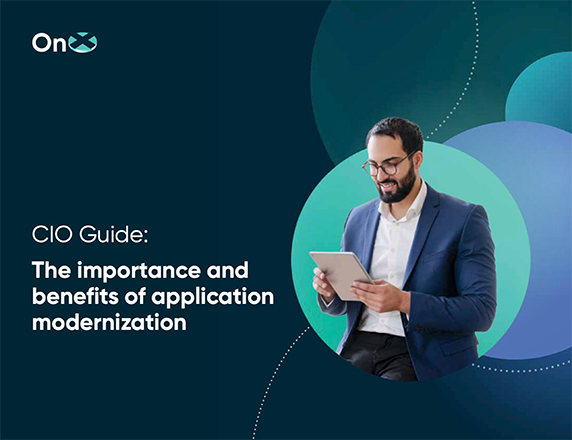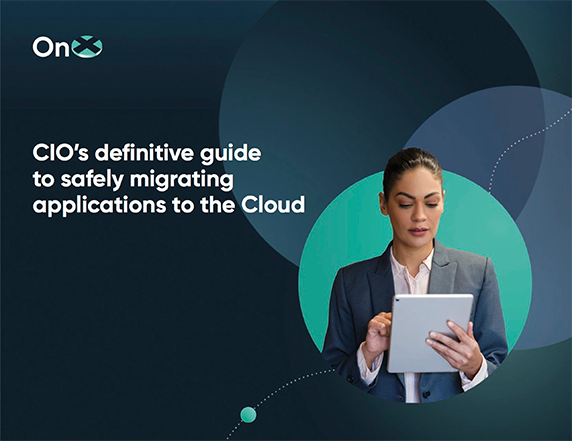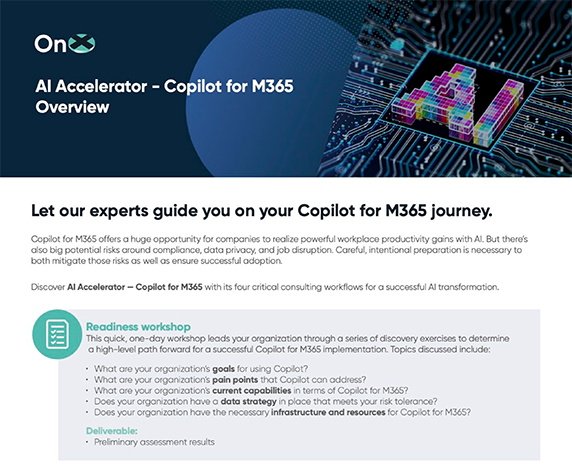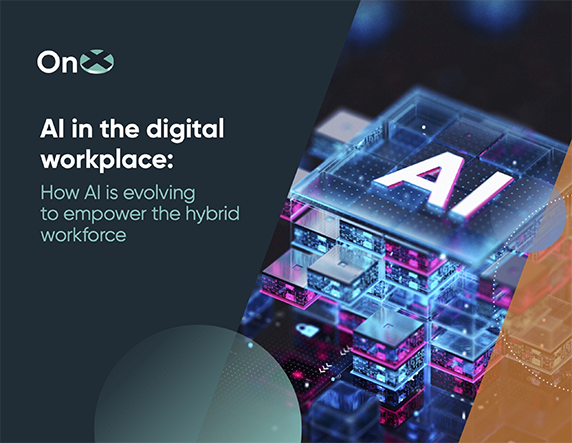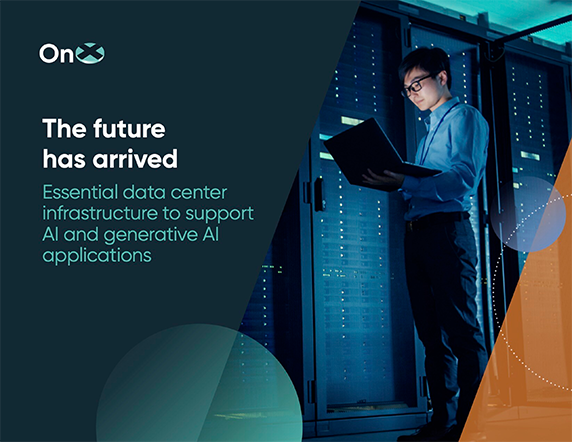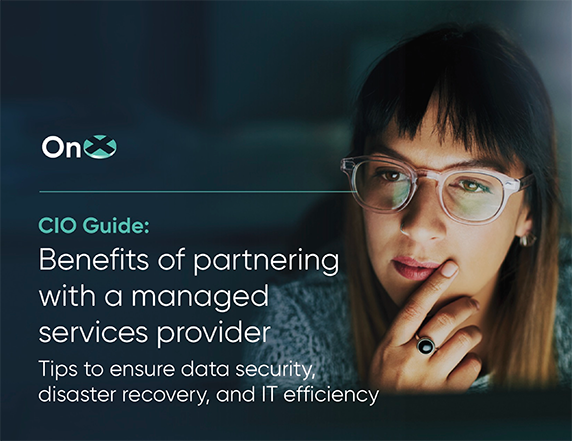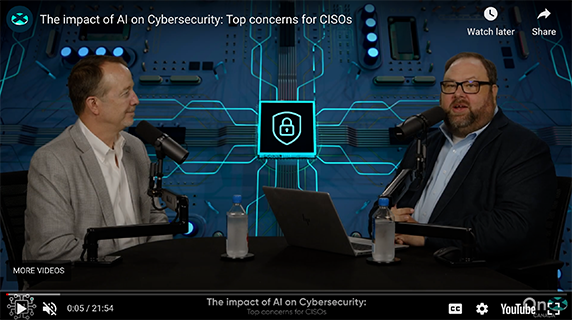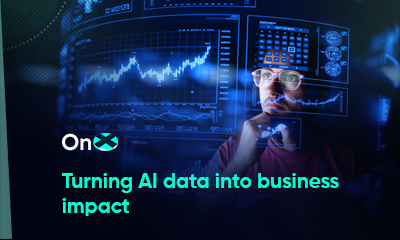
Why supply chain security matters
Supply chain management is more complicated than ever before. Weak supply chains face increasingly complex threats from malware and cyber criminals seeking a rear entry point to a business’s IT infrastructure and networks. To deter these attacks and enhance supply chain security, companies can duplicate and store data externally with Disaster Recovery as a Service (DRaaS).
Internal IT issues like inflexibility, lack of backup planning, outdated infrastructure, and weak data optimization may exacerbate risk. These are obstacles that make businesses less agile. Today’s supply chains require fast and flexible capabilities. Cloud technology offers a solution to these issues by keeping supply chains moving while machine learning and AI can generate another level of information from current data points. Next-level security tools detect and deter threats from the increasingly complex threats posed by malware.
Read on to learn how cloud computing improves supply chain optimization and security.
Optimizing supply chains
Supply chain improvements require ensuring efficient data transmissions and backing up data to keep it secure while also putting other security practices in place.
- Cloud-native predictive AI solutions can avert potential supply chain interruptions and evaluate recurring data patterns.
- RFID tags and Internet of Things (IoT) devices can track the product lifecycle—from manufacturing to in-store sales.
- Cloud networking streamlines supply chain security and operations and expedites automation.
- Application programming interfaces (API) efficiently consolidate multiple platforms and construct workflows for intricate automation.
Cloud technology also offers an upgraded level of security to supply chain management and enables automated backups. Microsoft OneDrive, Google Drive, and other public cloud companies have cybersecurity professionals dedicated to protecting these digital environments from cyber criminals.
However, supply chains that leverage multi-cloud environments may find that boutique cloud providers do not have such comprehensive security practices, which could allow bad actors to access company systems in a roundabout manner.
The weaknesses increase if multiple businesses and systems are connected through the supply chain. Protecting data on-premises and in all virtual environments, including third-party systems, the Cloud, and an independent DRaaS solution, is critical to safeguarding both the supply chain and related business systems.
A strong foundation for supply chain security
Effective supply chain security involves two essential elements: pinpointing weaknesses and deploying a DRaaS solution.
To discern potential exposures:
- Log possible security vulnerabilities throughout the entire system.
- Mandate password best practices for all employees.
- Take advantage of the AI-based security solutions that can counter potential ransomware attacks before they become an issue.
The development of a vigorous data protection plan includes:
- Automatic cloud backups.
- Cloud security measures like zero-trust practices.
- Using encrypted unified data storage solutions, including data lakes.
- A DRaaS solution to secure and recover data after a cyber event or a natural disaster.
Supply chain data is secure only if the Cloud it resides in is secured. Companies need to assess and implement top practices for cloud security to protect their digital assets.
Learn more: How supply chain optimization defends against malware attacks and other threats
Agility and scalability
Operating nationwide or international supply chains comes with a certain degree of uncertainty. Issues like excessive inventory, a lack of inventory, and other unanticipated complications require a fast, flexible response and the ability to scale quickly.
Cloud technology enables businesses to scale up or down on demand because the pay structure charges clients by usage or storage amounts. The advent of microservices and serverless computing allows businesses to develop and run applications on multiple platforms. Plus, AI keeps digital environments flexible by alerting to risks and transforming data into practical information to develop future practices and strategies.
Why managed disaster recovery?
IT professionals specializing in DRaaS are essential to supply chains because:
- Malware advances rapidly.
- Cloud backups are a focal point for hackers.
- Managed services for cloud backups diminish cybersecurity threats.
- 24×7 support gives companies the peace of mind that their data is well protected.
The evolution of malware
Hacking gambits like phishing schemes are not going anywhere anytime soon. More complex tactics are also joining the ranks of cybercrime and putting supply chains at risk. Seemingly innocuous business documents or even visuals could contain implanted malware or possess the ability to deny storage access.
Malware can also have timed functionality, so it can stay inactive for extended periods before suddenly becoming active. More mature systems have more weaknesses; therefore, they are more frequently in the crosshairs of cybercriminals.
Also read: IT modernization through cloud transformation in 2024
DRaaS for data security
Natural disasters can harm a company’s physical infrastructure. A DRaaS solution lessens the impact of malware and other issues, but it needs to be in a different cloud from its backups. Though clouds have vulnerabilities, skilled professionals can secure a DRaaS system from criminals.
Partner with OnX to secure your supply chain
Supply chain security is no small feat for businesses. OnX professionals have the experience and expertise to help shoulder that responsibility. Our team develops personalized cloud-based data analytics, backup, and security solutions. OnX’s prominent technology partners, accredited project managers, and engineers collaborate to streamline the process of implementing and deploying the latest technology.
Contact us to learn how to protect your supply chain with cloud-based technology.

